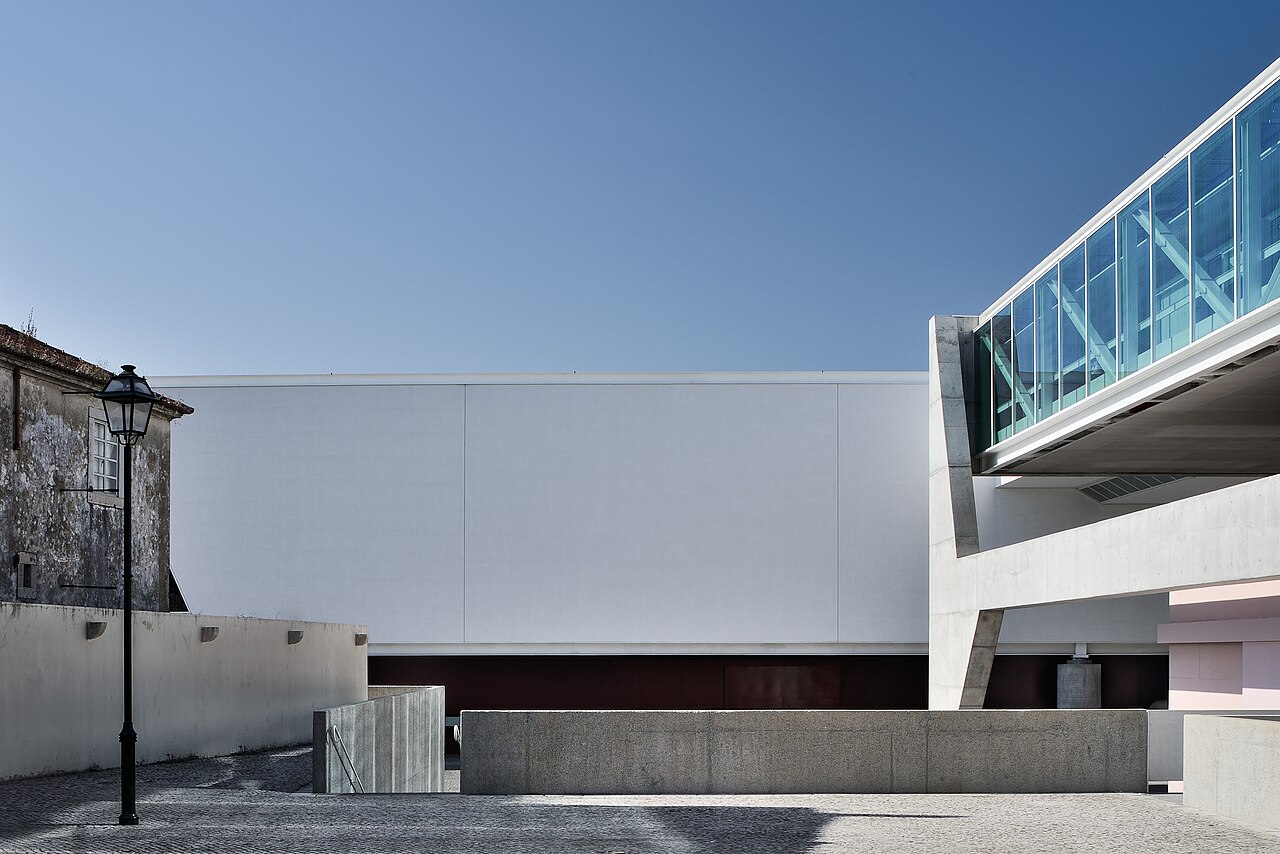I have a vague desire to transform, maybe pivot this blogspace a bit. What started out as a place to publish and reflect on the week feels like it needs to evolve in line with my own circumstances. That link between the structure of a space (a digital space, in this instance) and the needs of the inhabitant (myself as writer, more than you, as reader) feels more acute than ever.
To say this is to reframe the practice of weeknoting itself. It is to speculate and accept that the form and cadence of weekly reflections feeds the need of some sort of routine cycle to begin with. It slots neatly into a pattern that – rightly – embraces incremental change and regulated planning. It is a good tool to fit in with regular sprints and fast-paced calendars, for instance.
(Which isn’t to say it isn’t useful in other contexts – just that there is a synchronicity of rhythms there, which may or may not be naturally true in other patterns such as longer reflection cycles, or less repeated and regular approaches.)
However, the repeated comparison to architecture above is not accidental. Today I found myself re-reading a Monade post on 7 things to unlearn, from Paulo Mendes da Rocha, a Brazilian architect working in a mainly-brutalist approach.
Rule #1 is particularly related to weeknoting: "Art is no longer to be made mysterious". We have reached a state of knowledge working and the attention economy where there is more value in showing how you work, than in keeping secrets. Sadly though, technology is still becoming more complex and more opaque, a trend which seems to be increasing with each extra tool and acronym that gets released.
This, and the other 6 rules, all strike me straight in the heart and chime with my own relationship not with structural engineering, but with software and hardware engineering.
It is hard for me to read sci-fi (extending to solarpunk) these days, for instance, and rule #2 digs at this somewhat: "It’s impossible to imagine formations and formal transformations if you don’t know how to do them." – that is, imagination is tied to a pragmatic concept of being able to build something. As an engineer, I’m aware that ideas are cheap, and implementation is where the magic lies. Time has run out for wishful thinking.
Rules #5 and #6 deal with destruction and beginnings, and the revolutionary need to believe in yourself as a creator rolls forwards into rule #7. This is Mendes da Rocha’s relationship with dreaming, and with the forces that drive us to face truths, to invent, and to re-invent.
"Those who don’t know don’t even ask; don’t even know what to ask. So, what we are talking about here is the possibility of trying to show something whilst working within that confused and erratic context."
That quote sums up where this blog is at currently – my contexts (both individual and global) have perhaps never been more confused and erratic.
Finding some hope in the chaos is often like looking for a shell buried among a beach of stones. But it’s still in there, and there is still the possibility of finding it.
